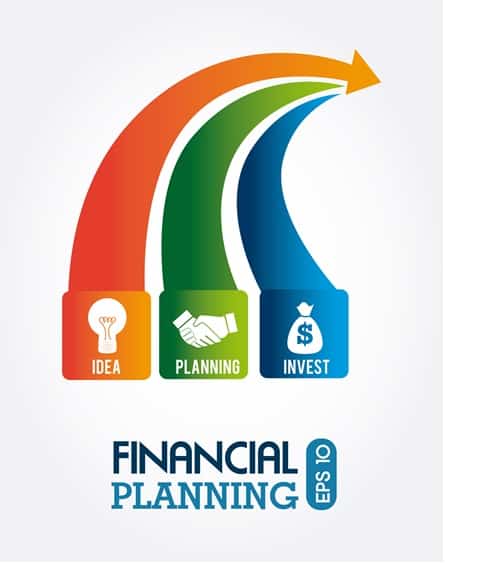Invoice factoring is a common practice that enables businesses to receive immediate payment in exchange for selling accounts receivables at a discount to their face value. Once an invoice is“ “Factored” and it is time for the customer pays for a product or service, the payment is forwarded to the factoring company. One of the most significant advantages of factoring is that businesses can receive immediate cash flow with no additional debt that appears on balance sheets. Therefore Factoring is an off balance sheet transaction. Factoring can also be advantageous for businesses looking to obtain initial working capital without having to demand immediate payment from their customers.
The Invoice Factoring Process
Factoring is a rapid process that usually takes less than 24 hours to complete. The factoring process starts after a business delivers a product or service and sends an invoice to their customer. A copy of the invoice is then sent to the factoring company, which will purchase the invoice in exchange for an immediate cash payment. Most factoring companies offer up to 80 percent of the invoice value with the balance going into a reserve account. Once the purchase of the invoice has been completed, businesses can have the money, minus nominal fees, sent directly to their bank account.
Advantages of Factoring
Many businesses choose to use factoring because it can provide a predictable, immediate revenue stream than can be used to fulfill an order. While many businesses request prompt payment, they can rarely expect it in the real world. Even when discount incentives are offered, many customers will still choose to pay later. These problems can be especially challenging for newly established businesses that struggle to convince customers that they can deliver. Businesses that use factoring can receive immediate revenue without having to demand upfront payment or incur excessive risks.
Additional advantages of factoring with Capstone include:
- Insurance against customers that fail to pay.
- No penalties for failing to meet a minimum invoice sales volumes.
- No contractual restrictions on how funds can be used.
- Practically unlimited financing that scales with business growth.
- Additional working capital with no additional debt.
- Take advantage of supplier discounts by paying early.
- Add more value to customers though attractive payment terms.
How Factoring Affects the Bottom Line
Factoring fees are an average of about two percent, which many business owners argue can add up to a lot of money in the long run. In reality, most businesses that use factoring can earn several times more than the factoring fees that they pay. Studies indicate that a majority of businesses can scale their production capacity by more than 25 percent without increasing fixed costs. Since limited capital is the primary constraint for most businesses, immediate payment can enable businesses to operate at full capacity and earn several times more than the factoring fees.
Business Requirements for Factoring
As with any other credit service, businesses will need to be pre-qualified. Factoring services are only available to legal business entities that sell business-to-business services to governments or other companies. Businesses will need to have customers with good credit to qualify for a factoring service. It is also important to have no outstanding invoice leans. Most businesses that meet these basic requirements can be approved to take advantage of invoice factoring services.




